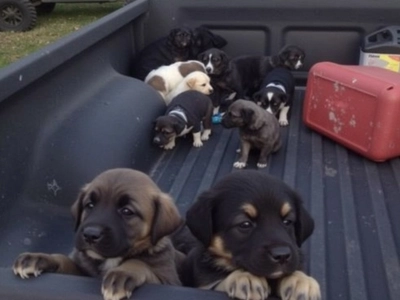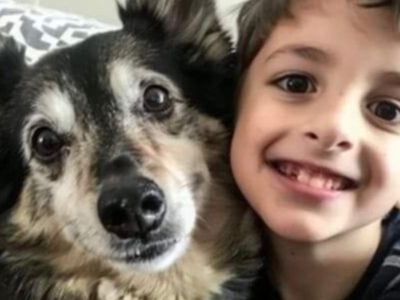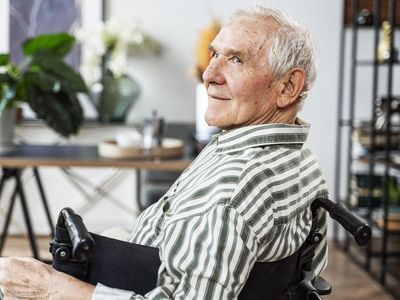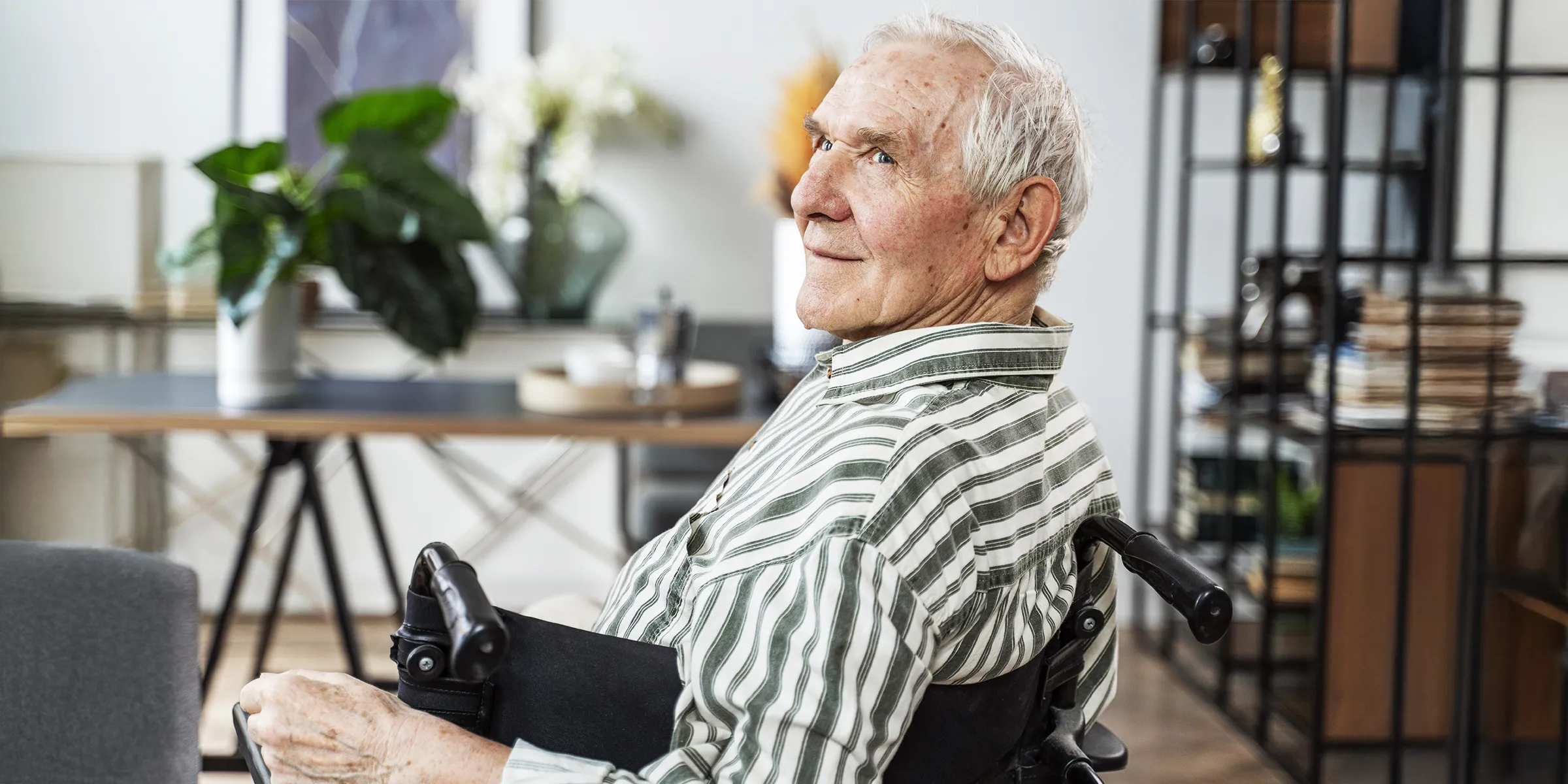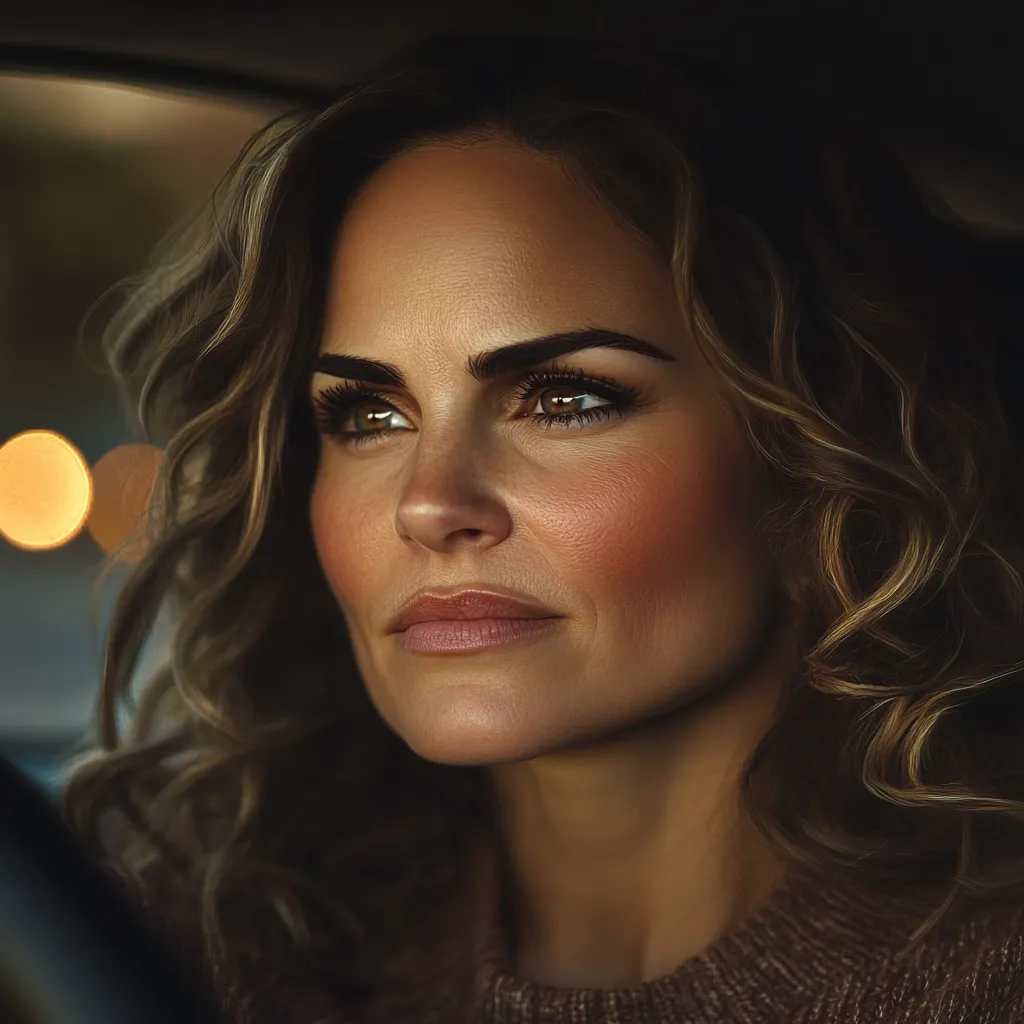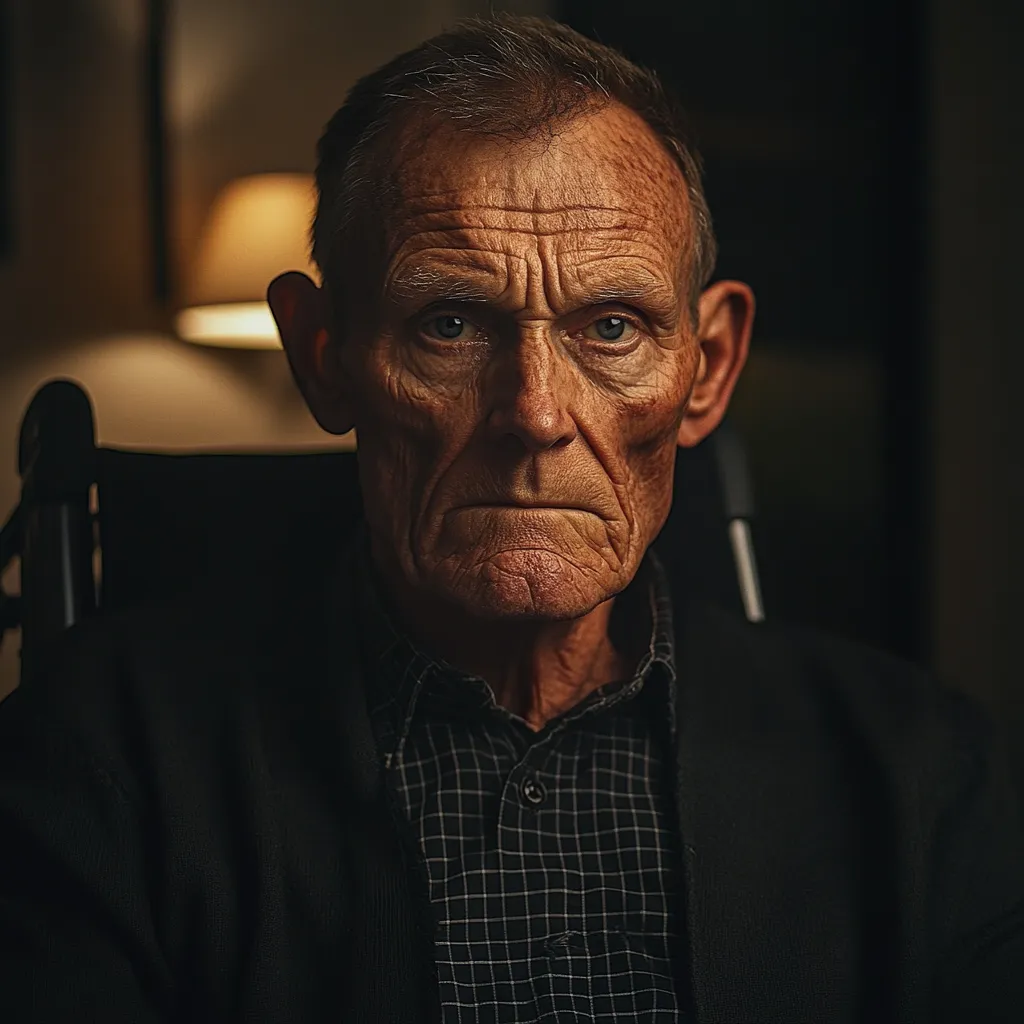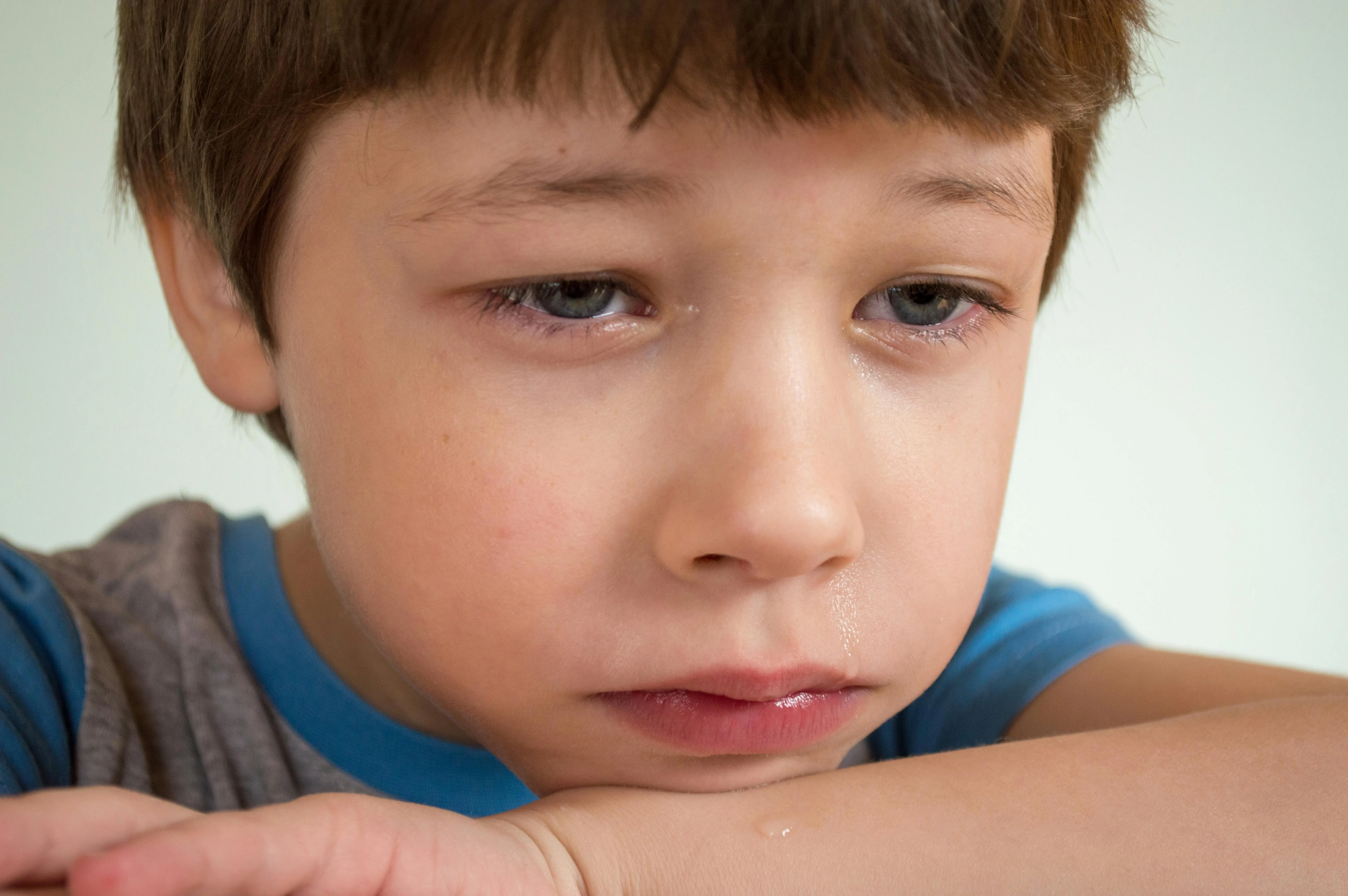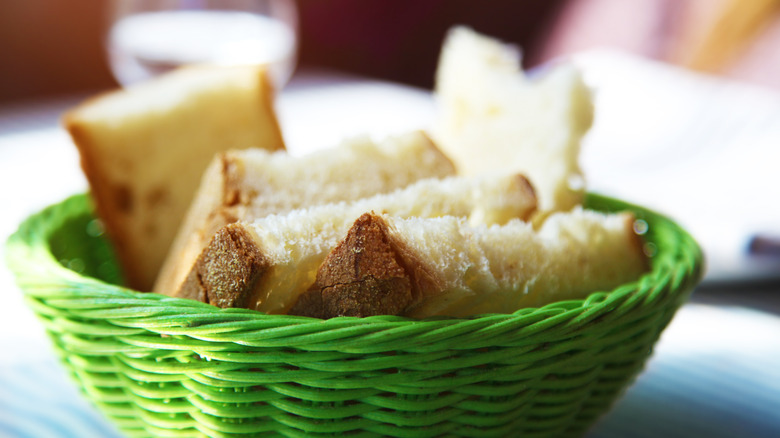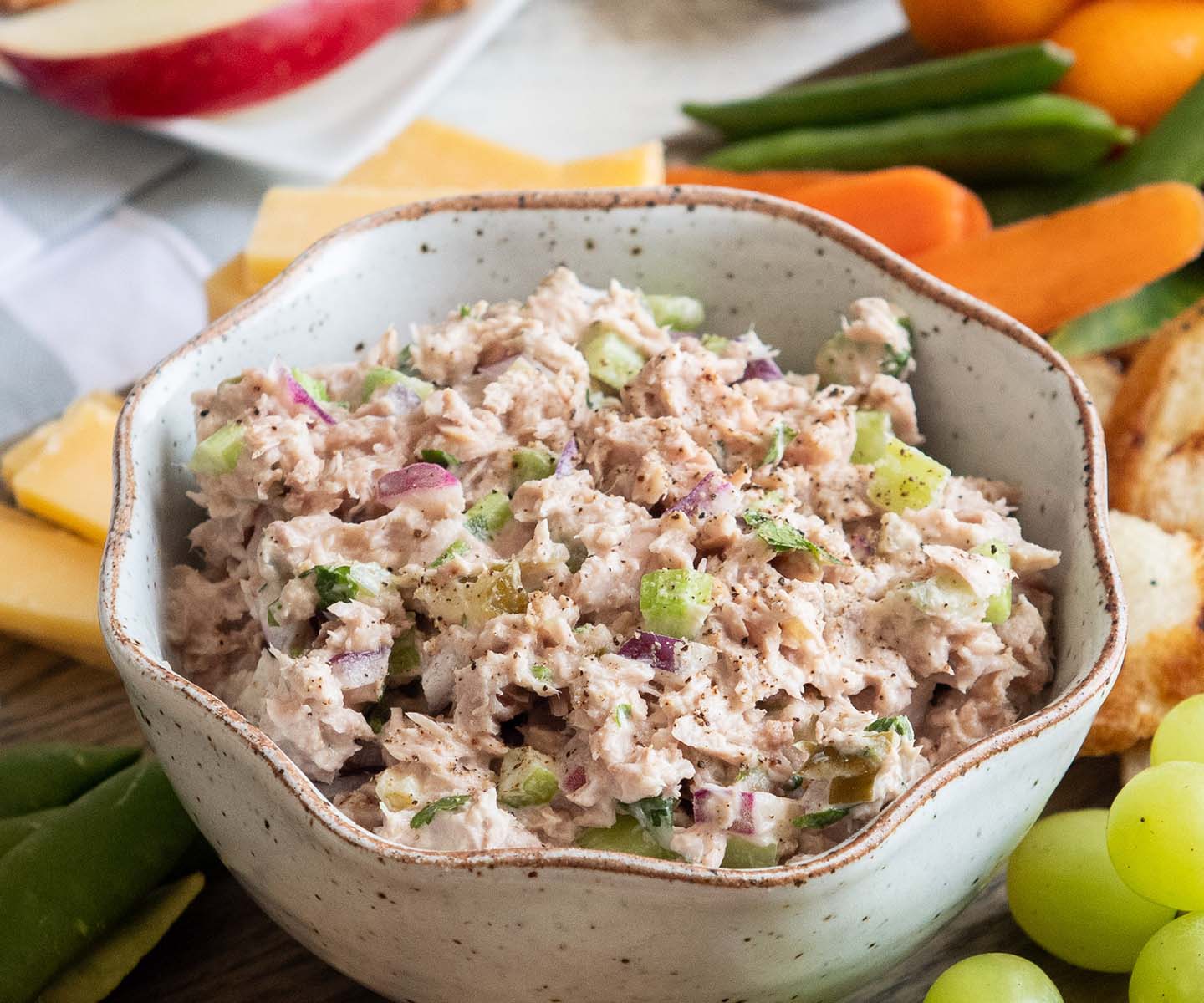I ended up with a truck full of puppies after stopping for gas in the middle of nowhere
The trip was supposed to be quick, simple, and uneventful. Stop for gas, maybe grab a snack, stretch my legs, and then get back on the road. That was the plan. I wasn’t even supposed to stop in that tiny forgotten town wedged between two stretches of highway. But the fuel gauge was sinking fast, and there wasn’t a choice. Twelve hours of driving lay ahead of me to help my sister with her move, and I was already halfway through. I remember thinking how badly I just wanted to push through and keep going. That stop was nothing but an inconvenience—or so I thought.
The only station for miles looked like it had been standing since the seventies, if not longer. It was more shack than store, with peeling paint, one flickering light buzzing above the door, and a single working pump leaning like it had given up trying to stand straight. A crooked sign dangled overhead, letters sun-bleached and cracked. My truck was running on fumes, so even if I wanted to press forward, I couldn’t. I pulled in, rolled down my window, and the air hit me—dusty, dry, carrying the faint smell of gasoline and something metallic.
As I filled up, I heard it. A sound I almost ignored at first, light and quick, like a squeak carried by the wind. A yip. Then another. I froze for a moment, listening, waiting. At first I assumed it had to be a dog tied up somewhere nearby. Maybe the station owner’s. But when I turned and looked around, the place was empty. Just weeds overtaking the cracked lot, a rusted ATV abandoned near the fence, and endless fields stretching toward the horizon.
The sound came again, this time sharper, urgent. I followed it across the lot and that’s when I saw it—a beat-up pickup truck, dented sides, paint peeling in spots, sitting lopsided on its tires. I walked closer and peered into the bed.
That’s where I found them.
A pile of tiny, trembling bodies. Puppies. Eight of them. Dirty, thin, their fur clumped and matted. Some huddled together for warmth, others dragged themselves weakly across the truck bed, their little cries desperate and raw. Their ribs showed through their skin. Their eyes darted around as if they were searching for someone—maybe their mother, maybe anyone at all. But there was nothing. No mother, no owner, no sign that anyone had been near.
I stood frozen, not knowing what to do. My mind spun in circles. Were they abandoned? Was someone coming back? Was I intruding on something that wasn’t mine to interfere with? As if to answer me, the station door creaked open. A man stepped out, wiping his hands on a rag. His nametag read “Carl.” He watched me for a second, then said words that chilled me.
“You’re not the first to find a load like that around here.”
The way he said it—flat, resigned—made my stomach twist. I looked at him, searching his face. “What do you mean?”
Carl leaned against the wall of the station and shrugged like it was nothing new. “Animals get dumped out here all the time. Folks drive by, think nobody’ll notice. Half the year this place is empty anyway.”
His voice was steady, but his eyes betrayed something heavier—anger maybe, or helplessness. My heart sank as I turned back to the puppies. They were so young. No more than six, maybe seven weeks old. Barely old enough to eat on their own. Their cries were softer now, as if they were wearing themselves out.
I asked Carl, “Do you know who left them?”
He gave a humorless laugh. “Nope. And if I did, I’d probably land myself in jail for what I’d do about it.”
His bluntness surprised me, but I understood. The anger rising in me was the same. Still, anger wasn’t going to save those puppies. The sun was dipping low, painting the sky in streaks of orange and pink, and the air was turning cold fast. If they stayed out there through the night, they wouldn’t make it.
I swallowed hard and asked, “Can I take them?”
Carl raised his eyebrows. “You sure? That’s a lot of responsibility.”
“I can’t just leave them here,” I said. My voice cracked. “They’ll die.”
For a moment he just studied me. Then he nodded slowly and went back inside. When he returned, he carried a plastic bag with bottles of water, a pack of beef jerky, and an old blanket. “This is all I got. Take it. Good luck.”
Good luck. That’s what he said. I felt the weight of it. Because luck was exactly what those puppies—and maybe even I—were going to need.
I spread the blanket across the passenger seat of my truck and gently lifted the puppies one by one from the cold metal bed. Eight in total. Two with golden coats, five black-and-white, and one tough little fellow with patches of gray fur and mismatched eyes that seemed to watch me more carefully than the rest. Their paws were cold against my hands, and their tiny bodies trembled as they whimpered softly. Each time I placed one on the blanket, I felt the absurdity of what I was doing. Me, a guy with zero experience caring for dogs, let alone eight, in the middle of nowhere, hours from home, on my way to help my sister. But every time I thought about leaving them behind, guilt hit me like a punch. They needed someone. Somehow, today, that someone was me.
When they were all settled—squirming, yipping, crawling over each other—I sat in the driver’s seat and gripped the wheel. My mind raced. Where was I supposed to go now? Showing up at my sister’s with a truck full of stray puppies was not an option. She’d kill me. I pulled out my phone and searched for animal shelters nearby. The closest one was in a place called Willow Creek, about forty minutes away. It wasn’t ideal, but it was something.
By the time I pulled up at the shelter, I was exhausted. The cab smelled of puppy poop, my clothes were smeared with dirt and fur, and I looked like I’d been through a storm. The shelter manager met me at the door. She listened to my story, her face soft with sympathy, but when I finished, she sighed.
“I’m so sorry,” she said. “We’d love to help, but we’re completely full. We’ve had too many rescues lately.”
The disappointment hit me like a weight. “There’s nowhere else?”
She hesitated. “There’s a woman down the road. Ruth. She runs a network of foster homes for strays. If anyone can help, it’s her.”
With no other choice, I thanked her and followed the directions to Ruth’s farmhouse. The place looked like something out of a storybook—rolling hills, fields bordered by wooden fences, chickens pecking freely, and a weathered old border collie lounging on the porch. I parked, nerves twisting in my chest, and knocked.
The door opened to reveal Ruth. She was in her sixties, silver hair pulled into a bun, overalls dusted with hay. Her eyes were sharp but kind. I told her everything, from the gas station to the shelter turning me away. She listened quietly, only interrupting to wave me inside. Her kitchen smelled of coffee and fresh-baked cookies, the kind of smell that instantly softens you.
“Let’s see them babies,” she said.
I carried the puppies in and set them on a quilt she laid on the floor. They tumbled out of the blanket, sniffing, whining, tails wagging weakly. Ruth knelt, running her work-roughened hands gently over their heads and backs, murmuring to them like a mother would. Watching her, I felt a little of the tension leave me. These pups were finally safe, at least for now.
Over coffee and cookies, I told Ruth the full story. She listened with quiet patience, occasionally stroking whichever puppy wandered into her lap. Finally, she looked up at me and said, “You’re lucky to have found them. But raising them takes grit. Would you be willing to foster them yourself?”
Her question caught me off guard. “Me? Foster them?”
“Why not?” she replied. “You’ve brought them this far. You’ve already done more than most would.”
The word foster rang in my ears. Could I really handle eight puppies? The thought of sleepless nights, messes, and constant care made me hesitate. But then I looked down at them—those tiny faces, those desperate eyes—and I knew I couldn’t walk away. Not after everything.
“All right,” I said, almost whispering. “But I don’t know the first thing about raising dogs.”
Ruth smiled, warm and reassuring. “Don’t worry. I’ll teach you everything you need to know.”
The weeks that followed turned my life upside down. Days blurred together in a cycle of feeding, bathing, cleaning, and chasing after little paws that always seemed to be where they shouldn’t. Ruth came by often, showing me how to mix their food, how to bathe them gently, how to redirect their sharp teeth from furniture legs to chew toys. Slowly, the frail, frightened puppies blossomed. Their fur grew shiny, their ribs disappeared under healthy weight, their eyes brightened with energy. My house filled with the sound of yips and playful growls, and though I was exhausted, I couldn’t remember the last time I had felt so fulfilled.
One by one, with Ruth’s help, we found homes for them. Families came—parents with children who squealed with delight, couples who wanted a companion, retirees who needed company. My heart ached every time one left, but it eased when I saw the joy on their new owners’ faces. Each puppy was going to be loved, cherished, safe.
All except one.
The little gray pup with mismatched eyes lingered. People showed interest, but every time, something felt off. As though he wasn’t meant to go. He stuck close to me, following me from room to room, curling up at the foot of my bed, watching me with those strange eyes that seemed to see more than they should.
One evening, Ruth looked at me with a knowing smile. “Maybe he’s yours,” she said. “The universe has a way of giving us exactly what we need, whether we realize it or not.”
Her words settled deep in me. Me? A dog owner? I had never considered it. But when I looked at him, sprawled across the rug, tail thumping when our eyes met, it all made sense. He had already claimed me, and maybe I had already claimed him.
I adopted him. Named him Lucky—not just because he survived, but because finding him had changed me. Lucky became more than a pet; he became a constant reminder of compassion, resilience, and the strange twists of fate.
Months later, I sat in my backyard watching him chase butterflies, his tail wagging wildly as he bounded through the grass. The sun was warm, and the world felt quiet, peaceful. I thought back to that night at the gas station, how I almost didn’t stop, how I almost ignored those cries. If I had kept driving, my life would have been emptier, quieter, lonelier. Instead, I had been given perspective, purpose, and a best friend with mismatched eyes who reminded me daily that sometimes the smallest choices end up mattering the most.
Life doesn’t always follow the map we make for it. Sometimes it throws us detours—dusty towns, broken gas stations, abandoned trucks. And sometimes those detours lead us to exactly where we’re meant to be.
